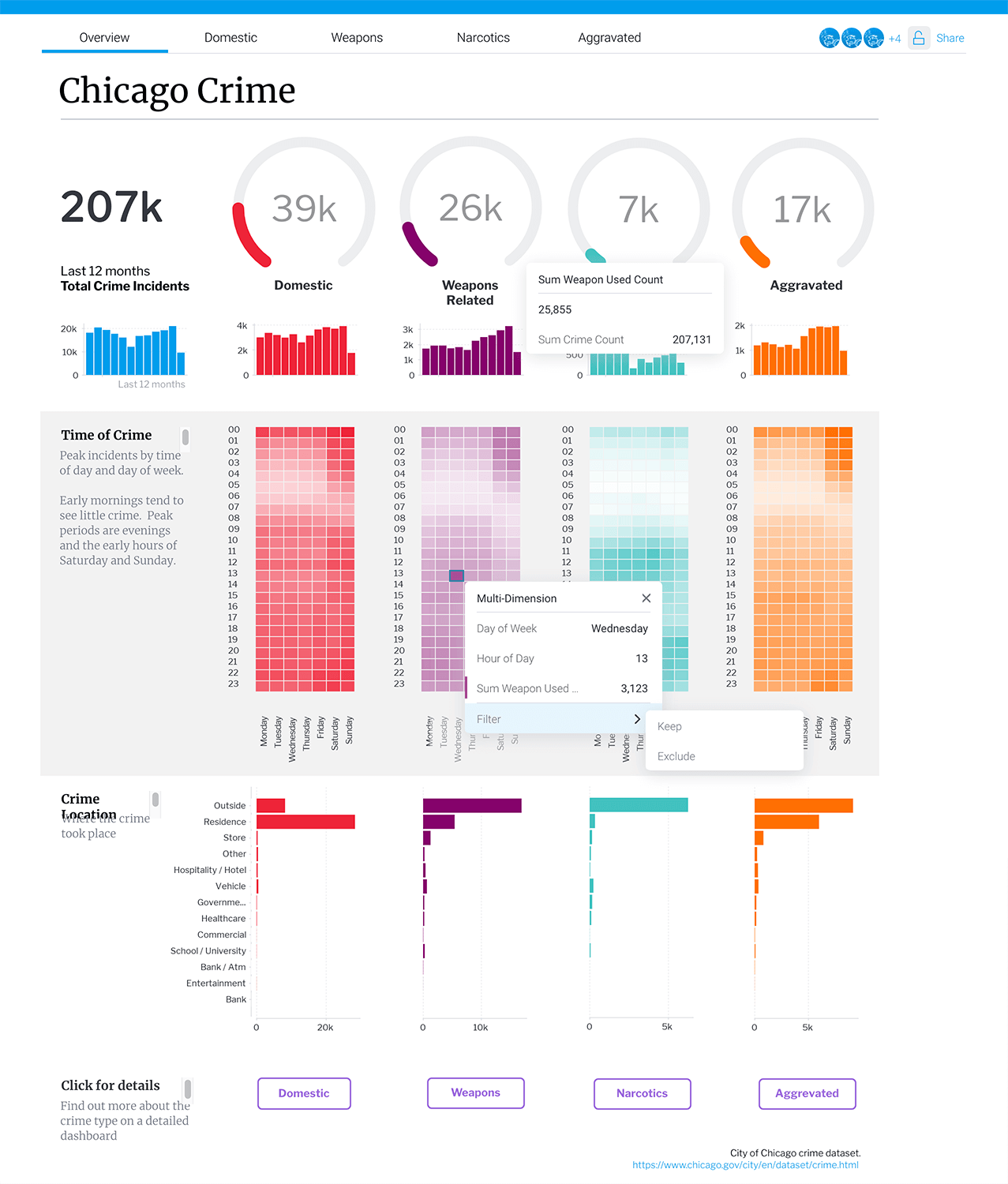
Master Business Intelligence Software to Transform Decision-Making
In today’s fast-paced business landscape, companies are constantly seeking ways to stay ahead of the competition. One key strategy is to leverage business intelligence (BI) software to inform decision-making. BI software has the power to transform the way organizations operate, enabling them to make data-driven decisions that drive growth, improve efficiency, and reduce costs. In this article, we will explore the world of business intelligence software and how it can be mastered to revolutionize decision-making.
What is Business Intelligence Software?
Business intelligence software is a set of tools and technologies that enable organizations to collect, analyze, and visualize data from various sources. This data can come from internal systems, such as customer relationship management (CRM) software, enterprise resource planning (ERP) systems, and databases, as well as external sources, like social media, market research, and customer feedback. The goal of BI software is to provide a comprehensive view of an organization’s performance, highlighting areas of strength and weakness, and identifying opportunities for improvement.
Key Features of Business Intelligence Software
Effective business intelligence software should possess certain key features, including:
- Data Integration: The ability to connect to multiple data sources and integrate data from various systems.
- Data Analysis: The capability to analyze large datasets and identify trends, patterns, and correlations.
- Data Visualization: The ability to present complex data in a clear and intuitive manner, using charts, graphs, and other visualizations.
- Reporting and Dashboarding: The ability to create interactive reports and dashboards that provide real-time insights into business performance.
- Predictive Analytics: The capability to forecast future trends and outcomes based on historical data and statistical models.
Benefits of Business Intelligence Software
The benefits of using business intelligence software are numerous and significant. Some of the most important advantages include:
- Improved Decision-Making: BI software provides organizations with accurate and timely data, enabling them to make informed decisions that drive business growth.
- Increased Efficiency: By automating many manual reporting and analysis tasks, BI software frees up staff to focus on higher-value activities.
- Enhanced Customer Insights: BI software provides a comprehensive view of customer behavior and preferences, enabling organizations to tailor their marketing and sales strategies to meet customer needs.
- Competitive Advantage: Organizations that use BI software are better equipped to respond to changing market conditions and stay ahead of the competition.
- Cost Savings: By optimizing business processes and reducing waste, BI software can help organizations reduce costs and improve profitability.
Mastering Business Intelligence Software
To maximize the benefits of business intelligence software, organizations must master its use. This requires a combination of technical, business, and analytical skills. Some key strategies for mastering BI software include:
- Develop a Clear Understanding of Business Needs: Before implementing BI software, organizations must clearly define their business goals and objectives.
- Select the Right Software: Choose a BI software that meets the organization’s specific needs and is user-friendly.
- Develop a Data-Driven Culture: Encourage a culture that values data-driven decision-making and provides ongoing training and support to staff.
- Monitor and Evaluate Performance: Regularly review and assess the performance of BI software to ensure it is meeting business needs and delivering the expected benefits.
- Stay Up-to-Date with the Latest Trends and Technologies: Stay current with the latest developments in BI software and emerging trends, such as artificial intelligence (AI) and machine learning (ML).
Best Practices for Implementing Business Intelligence Software
To ensure successful implementation of business intelligence software, organizations should follow best practices, including:
- Conduct a Thorough Needs Assessment: Identify business needs and define the requirements for BI software.
- Develop a Clear Implementation Plan: Establish a project plan and timeline for implementing BI software.
- Provide Ongoing Training and Support: Offer training and support to staff to ensure they are comfortable using BI software.
- Monitor and Evaluate Progress: Regularly review and assess the progress of BI software implementation to ensure it is on track to meet business needs.
- Encourage Collaboration and Communication: Foster collaboration and communication among staff to ensure that BI software is used effectively to inform decision-making.
Real-World Examples of Business Intelligence Software in Action
Many organizations are already using business intelligence software to drive success. For example:
- Retail: Retailers such as Walmart and Target use BI software to analyze customer purchasing behavior and optimize inventory management.
- Healthcare: Healthcare providers such as hospitals and pharmaceutical companies use BI software to analyze patient outcomes and develop targeted treatment strategies.
- Finance: Financial institutions such as banks and investment firms use BI software to analyze market trends and optimize investment portfolios.
- Manufacturing: Manufacturers such as General Motors and Toyota use BI software to analyze production data and optimize supply chain management.
Conclusion
Business intelligence software has the power to transform decision-making in organizations. By providing a comprehensive view of business performance, BI software enables organizations to make informed decisions that drive growth, improve efficiency, and reduce costs. To master BI software, organizations must develop a clear understanding of business needs, select the right software, and develop a data-driven culture. By following best practices and staying up-to-date with the latest trends and technologies, organizations can unlock the full potential of BI software and drive success in an increasingly competitive business landscape.
Closure
Thus, we hope this article has provided valuable insights into Master Business Intelligence Software to Transform Decision-Making. We thank you for taking the time to read this article. See you in our next article!


